Best VR headsets 2018: Mobile or PC, these are virtually perfect
Want to jump on board the virtual reality bandwagon? Here's the best headsets around


Virtual reality technology may not have been the instantly world-changing, paradigm-shifting technology that many predicted it would be, but that doesn't mean that it doesn't have huge potential to offer businesses.
Whether it's architectural models, 360-degree video content or promotional experiences, VR technology can add value to a wide range of companies. However, if you're going to extract that value, then you need to ensure that you're using the very best technology available. There's a wealth of VR headsets on the market, covering both lightweight mobile devices and high-end PC-driven powerhouses - and these are the best of the best.
Samsung Gear VR
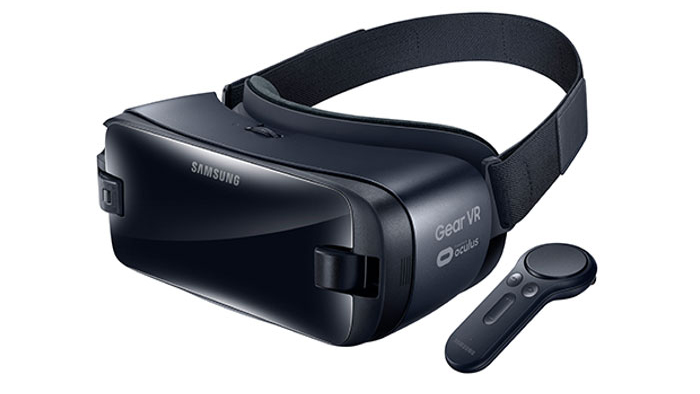
Samsung managed to largely corner the mobile VR market by offering a polished, premium experience at an attractively low price point. The Gear VR does admittedly require a Samsung device to function, but it provides one of the best mobile VR experiences around.
Google Daydream View
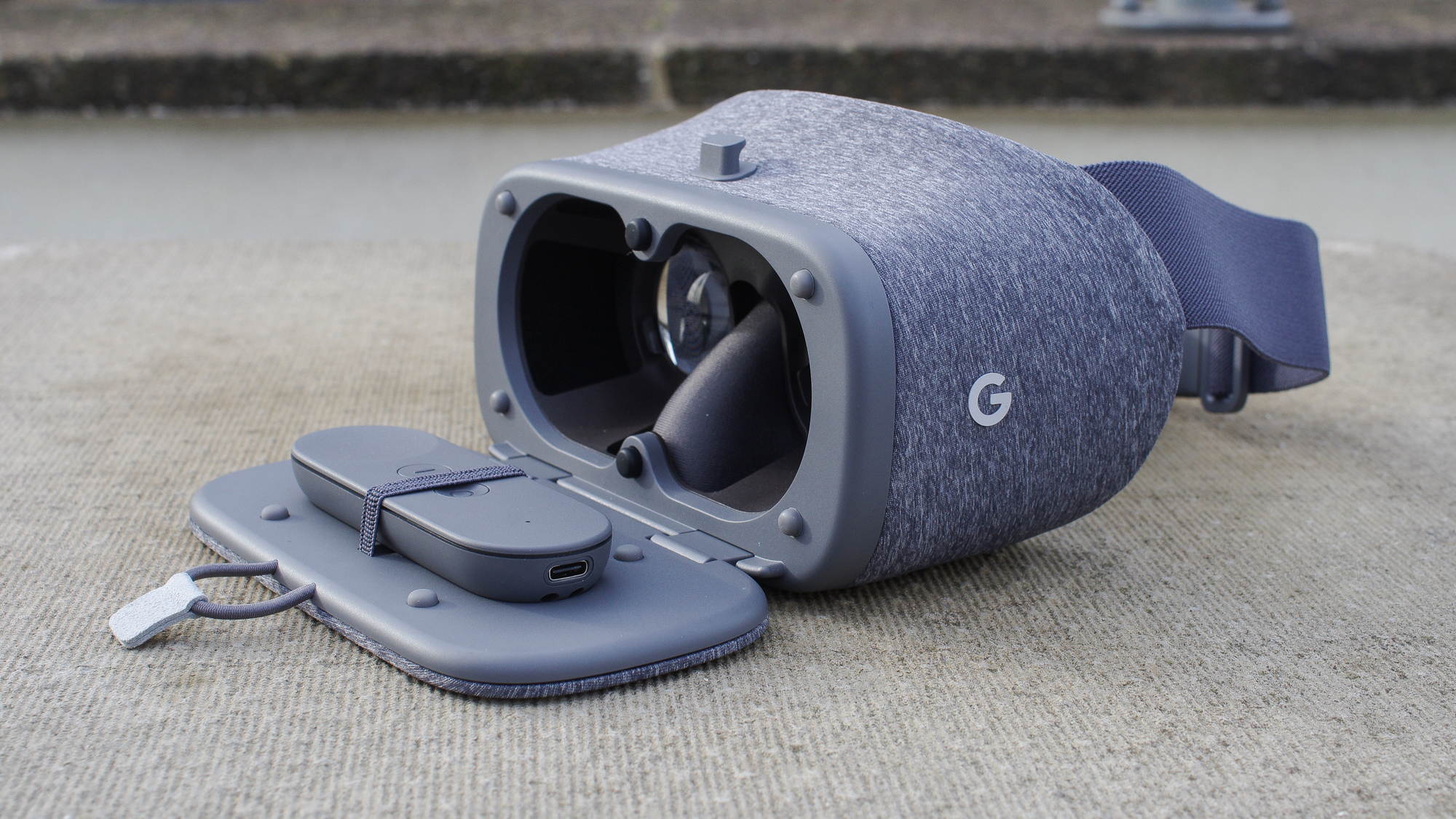
After finding success with the Cardboard viewer, Google last year decided to step up its VR offering, releasing a proper premium headset, complete with an attractive, comfortable design and even a bundled remote. While there's still not many devices that support it, Google Daydream is an excellent headset.
Google Cardboard

The original and still one of the best, Google's Cardboard viewer is brilliant in its simplicity. Although it's little more than a slot for your phone and some rudimentary lenses, Cardboard is still the easiest way to experience mobile VR. It's also incredibly low-cost, making it an excellent choice for proof-of-concept demonstrations.
HTC Vive
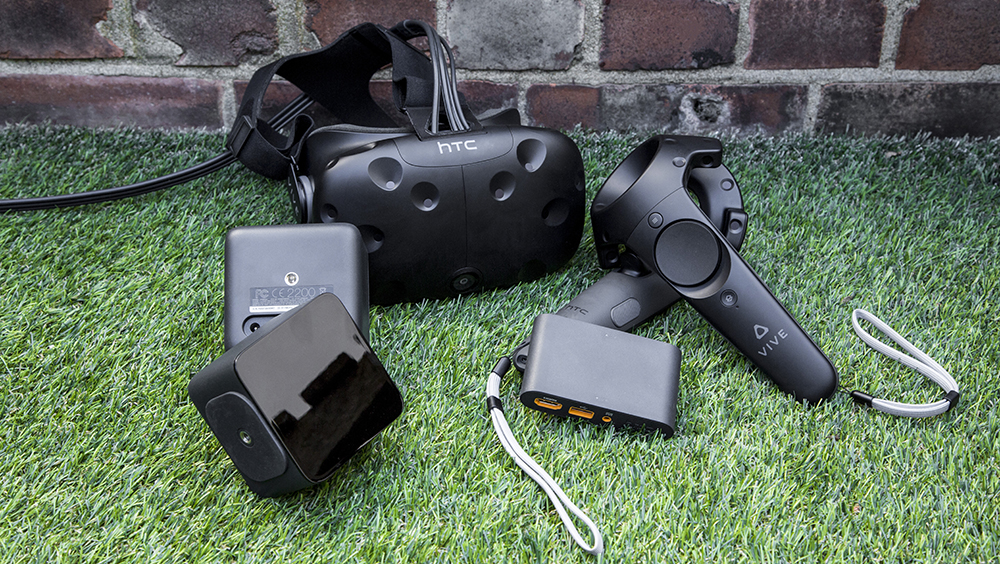
It may be more than two years old at this stage, but the venerable HTC Vive has retained its status as one of the most technically capable headsets on the market. HTC also released the Deluxe Audio Strap last year, which adds integrated headphones and improved weight distribution and ergonomics. Combined with a healthy price-cut, this arguably makes the original Vive a better-value option than the newer Vive Pro.
HTC Vive Pro
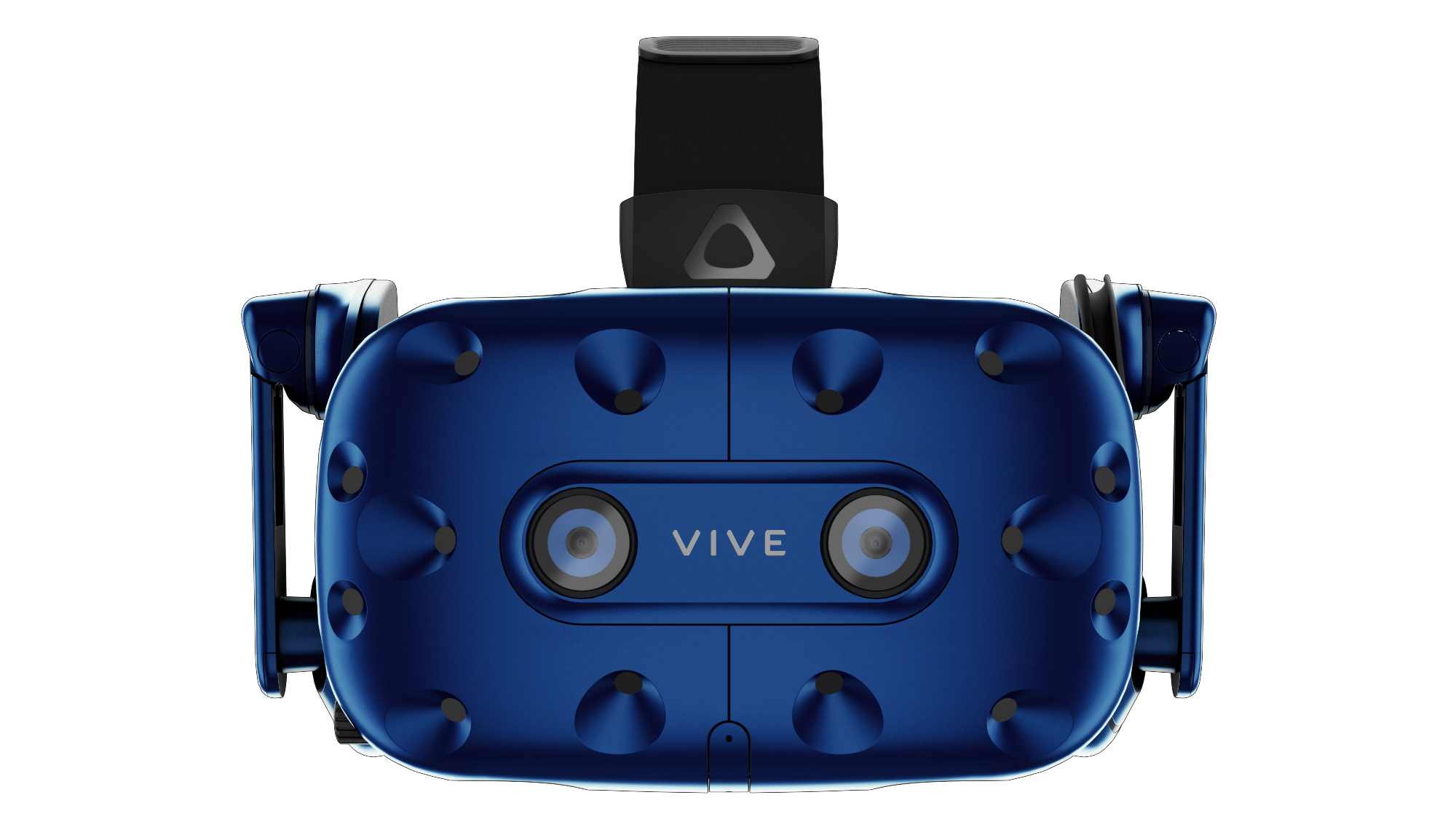
While we don't quite think that the HTC Vive Pro is worth the extortionate 800 ticket price when compared to the original, the fact remains that it is the most technically capable and well-built VR headset currently on the market. If you need the best of the best - and you've got deep pockets - then the Vive Pro is for you.
Oculus Rift
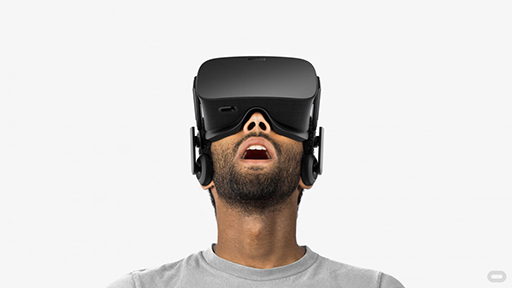
The surge of interest in VR was kickstarted five years ago by Oculus and although it hit some stumbling blocks along the way, the Oculus Rift is still one of the most sophisticated and powerful virtual reality devices. If you've got the money and a PC powerful enough to run it, you're unlikely to be disappointed.
PlayStation VR

Sony is currently the only console manufacturer to offer its own virtual reality headset and it's proved a huge success straight out of the gate. Not only is it an excellent-quality headset, it also supports a wide range of games, indicating that third-party support won't just be a flash-in-the-pan.
Get the ITPro daily newsletter
Sign up today and you will receive a free copy of our Future Focus 2025 report - the leading guidance on AI, cybersecurity and other IT challenges as per 700+ senior executives
Adam Shepherd has been a technology journalist since 2015, covering everything from cloud storage and security, to smartphones and servers. Over the course of his career, he’s seen the spread of 5G, the growing ubiquity of wireless devices, and the start of the connected revolution. He’s also been to more trade shows and technology conferences than he cares to count.
Adam is an avid follower of the latest hardware innovations, and he is never happier than when tinkering with complex network configurations, or exploring a new Linux distro. He was also previously a co-host on the ITPro Podcast, where he was often found ranting about his love of strange gadgets, his disdain for Windows Mobile, and everything in between.
You can find Adam tweeting about enterprise technology (or more often bad jokes) @AdamShepherUK.
-
 AI is helping bad bots take over the internet
AI is helping bad bots take over the internetNews Automated bot traffic has surpassed human activity for the first time in a decade, according to Imperva
By Bobby Hellard
-
 Two years on from its Series B round, Hack the Box is targeting further growth
Two years on from its Series B round, Hack the Box is targeting further growthNews Hack the Box has grown significantly in the last two years, and it shows no signs of slowing down
By Ross Kelly
-
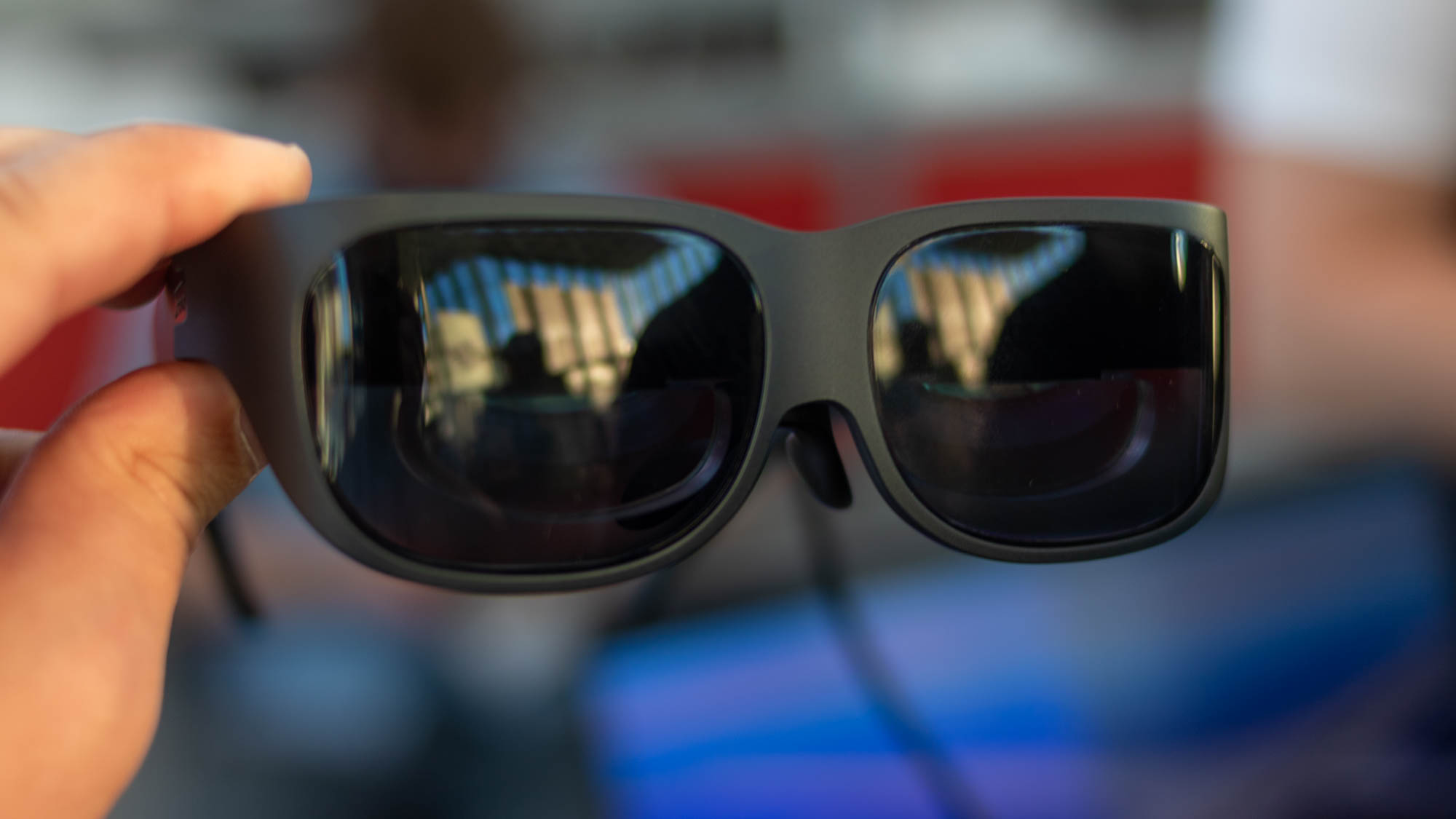 Has Lenovo found the ultimate business use case for smart glasses?
Has Lenovo found the ultimate business use case for smart glasses?Opinion Lenovo’s T1 smart glasses offer a virtual desktop that only you can see
By Bobby Hellard
-
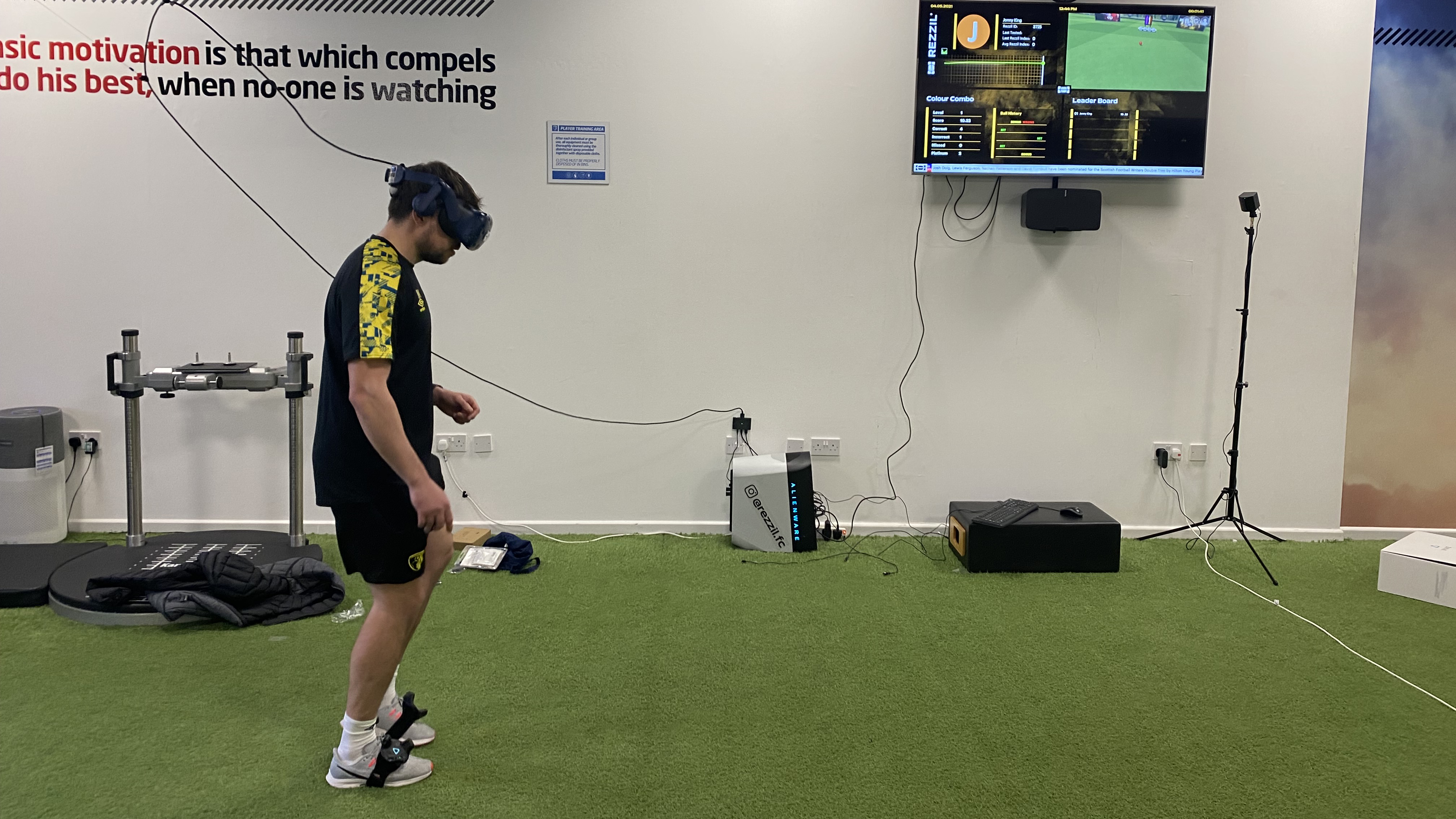 Virtual striker: Using VR to train Premier League stars
Virtual striker: Using VR to train Premier League starsCase Studies How one company is taking VR out of the boardroom and into the locker room
By Adam Shepherd
-
 NeuPath and Cynergi will bring VR therapy to chronic pain management
NeuPath and Cynergi will bring VR therapy to chronic pain managementNews NeuPath will integrate Cynergi’s VR program with its remote pain management platform
By Praharsha Anand
-
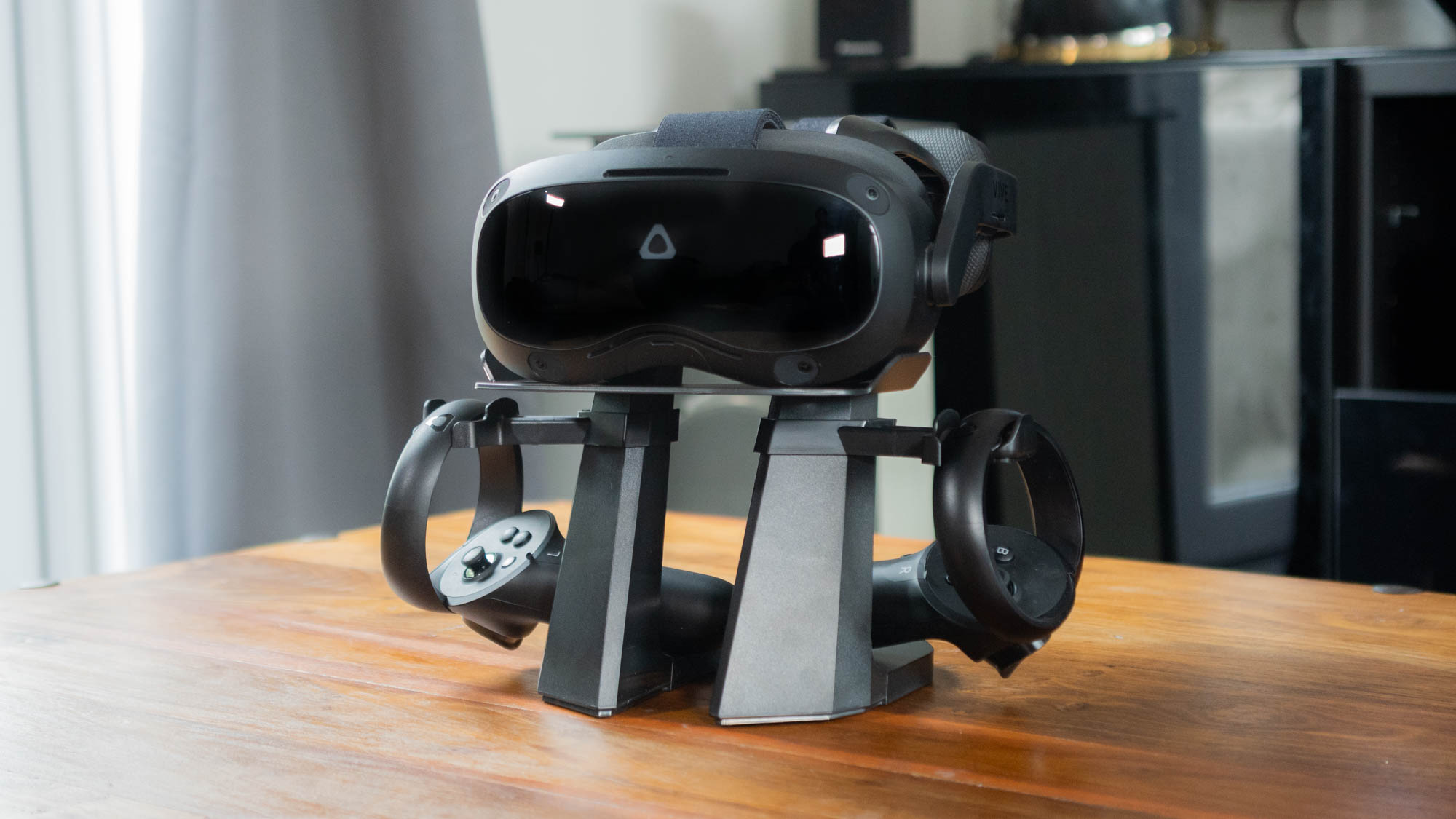
 HTC Vive Focus 3 review: The future of VR is here
HTC Vive Focus 3 review: The future of VR is hereReviews This smart and stylish headset is a leap forward for the technology
By Adam Shepherd
-
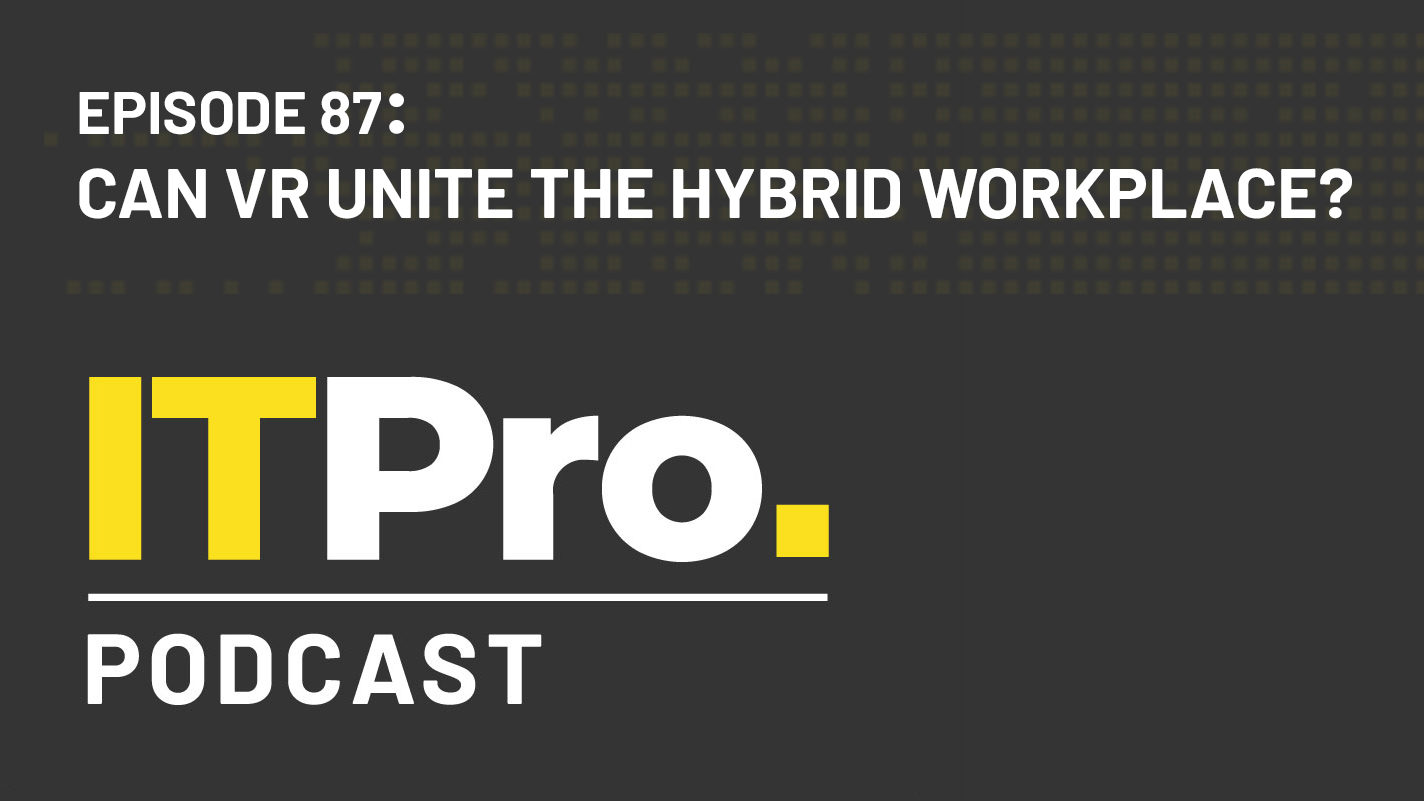 The IT Pro Podcast: Can VR unite the hybrid workplace?
The IT Pro Podcast: Can VR unite the hybrid workplace?IT Pro Podcast How one company is using virtual reality to bring its staff together
By IT Pro
-
 HTC launches new business-focused VR headsets
HTC launches new business-focused VR headsetsNews Vive Pro 2 and Vive Focus 3 include 5K resolution, larger field of view, and business management tools
By Adam Shepherd
-
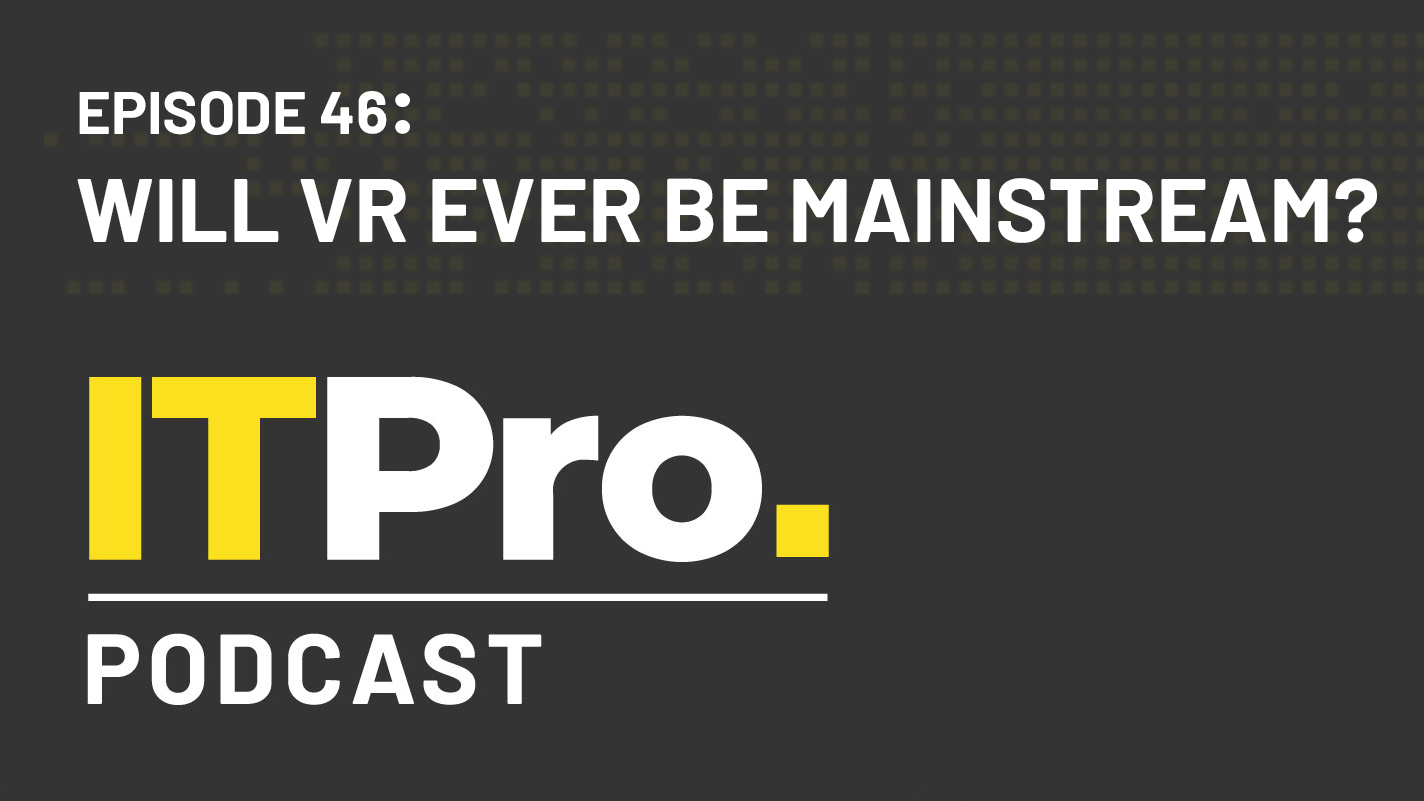 The IT Pro Podcast: Will VR ever be mainstream?
The IT Pro Podcast: Will VR ever be mainstream?IT Pro Podcast Despite years of development, VR is still a niche technology
By IT Pro
-
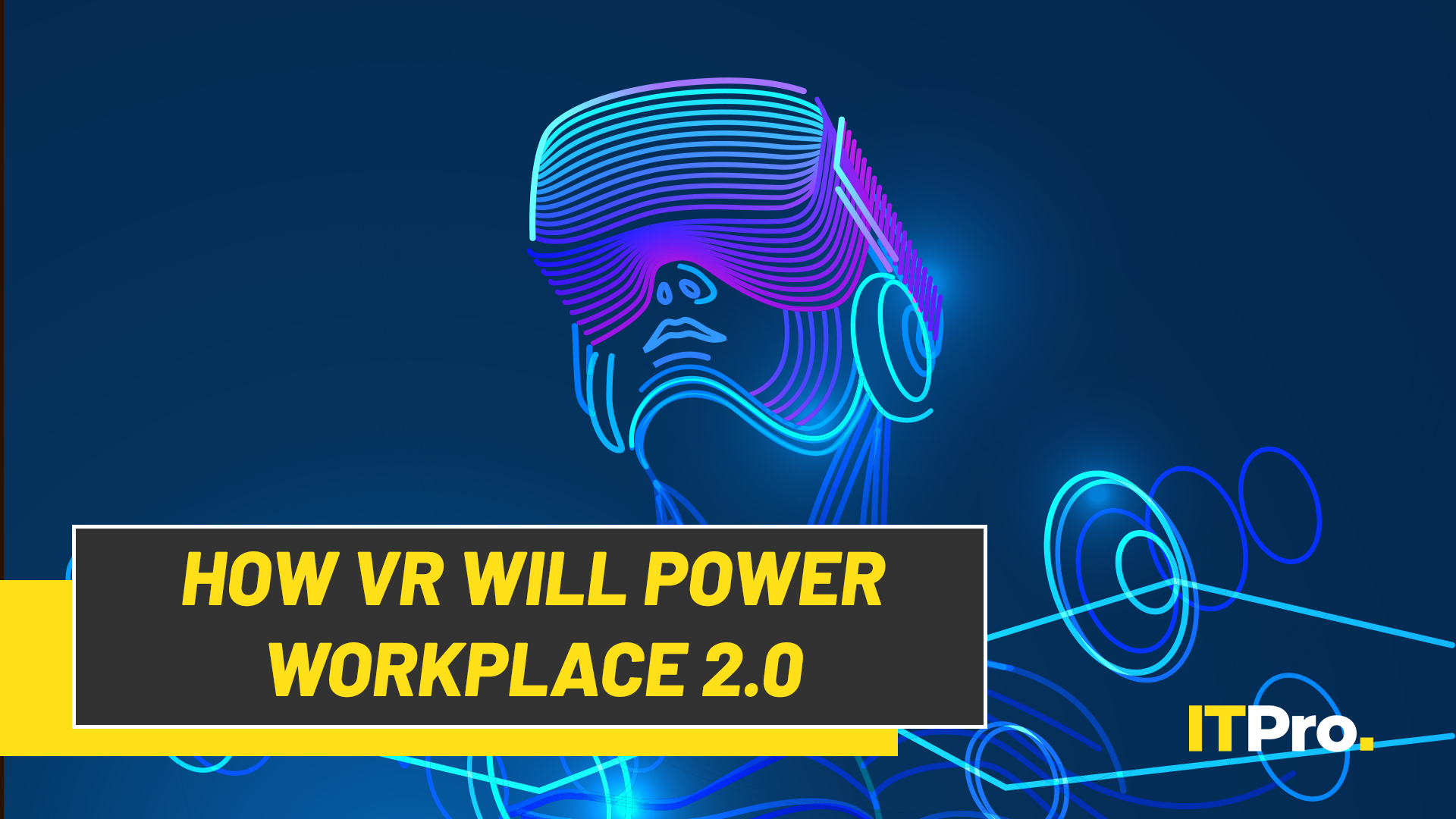 IT Pro Live: How virtual reality will power Workplace 2.0
IT Pro Live: How virtual reality will power Workplace 2.0Video The office of the future might not be a physical office at all
By IT Pro